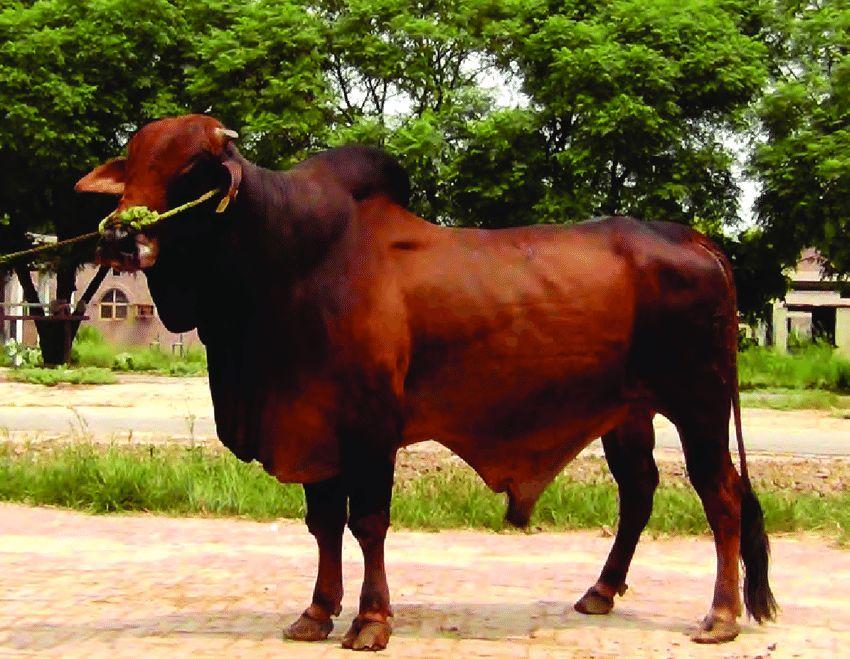Pakistan is currently in the midst of a pivotal decision-making process regarding the export of Sahiwal bulls to Sri Lanka, potentially marking a significant shift in its livestock export policy. The Sri Lankan government, aiming to enhance its National Artificial Insemination (NAI) program, has shown keen interest in importing Sahiwal bulls from Pakistan, known for their superior dairy qualities.
Sri Lanka’s Request and Pakistan’s Response
Sri Lanka has placed an import order for a dozen Sahiwal Bulls, a move driven by the country’s ambition to improve the genetic makeup of its cattle population. This request comes at a time when Pakistan’s Ministry of Commerce (MoC) is closely examining the current ban on livestock export. The MoC has forwarded a summary to the Economic Coordination Committee (ECC) for consideration, with a meeting scheduled on Thursday to deliberate the proposal. If approved, it will be presented to the cabinet for final authorization.
Significance of Artificial Insemination in Sri Lanka
Artificial insemination is recognized worldwide as an essential tool in cattle genetic enhancement. However, in Sri Lanka, the AI service coverage is relatively low, reaching less than 15% of breedable cattle and covering only 6% of annual calvings. The effectiveness of AI services faces challenges, including factors like the calving to first service interval (CFSI) and calving to conception interval (CCI). These challenges underscore the need for improvement in AI service efficiency, particularly in the backdrop of low cattle management numbers.
The Role of Sahiwal Cattle
Sahiwal cattle, acclaimed in India and Pakistan for their dairy prowess, are poised to significantly contribute to Sri Lanka’s AI program. These cattle are known for their heat tolerance, high milk production, and resistance to parasites – traits that are highly beneficial for Sri Lanka’s diverse climatic conditions. The Sahiwal breed is not only a prolific milker but also known for siring robust, fast-growing calves.
Understanding the Ban on Livestock Export
The 2013 ban on livestock export in Pakistan was driven by an analysis of revenue streams from exporting live animals versus processed meat. The Ministry of Food and Security highlighted that exporting processed meat yields higher revenue and opens avenues for exporting valuable by-products. This policy was aimed at maximizing economic benefits from livestock resources.
Conclusion: Evaluating the Decision
The decision to export Sahiwal bulls to Sri Lanka hinges on multiple factors. While the primary consideration is the potential improvement in Sri Lanka’s cattle genetic quality, Pakistan must weigh the economic implications of relaxing its livestock export ban. The outcome of the ECC meeting will be a decisive factor in shaping the future of livestock trade between Pakistan and Sri Lanka, and potentially, the broader region

